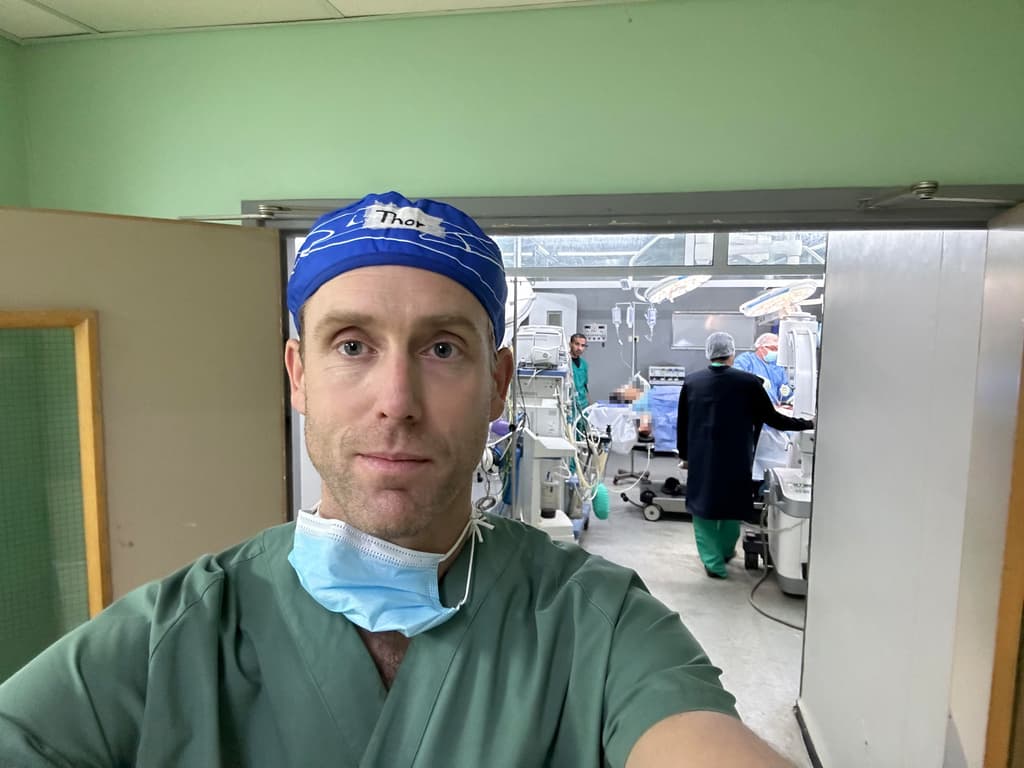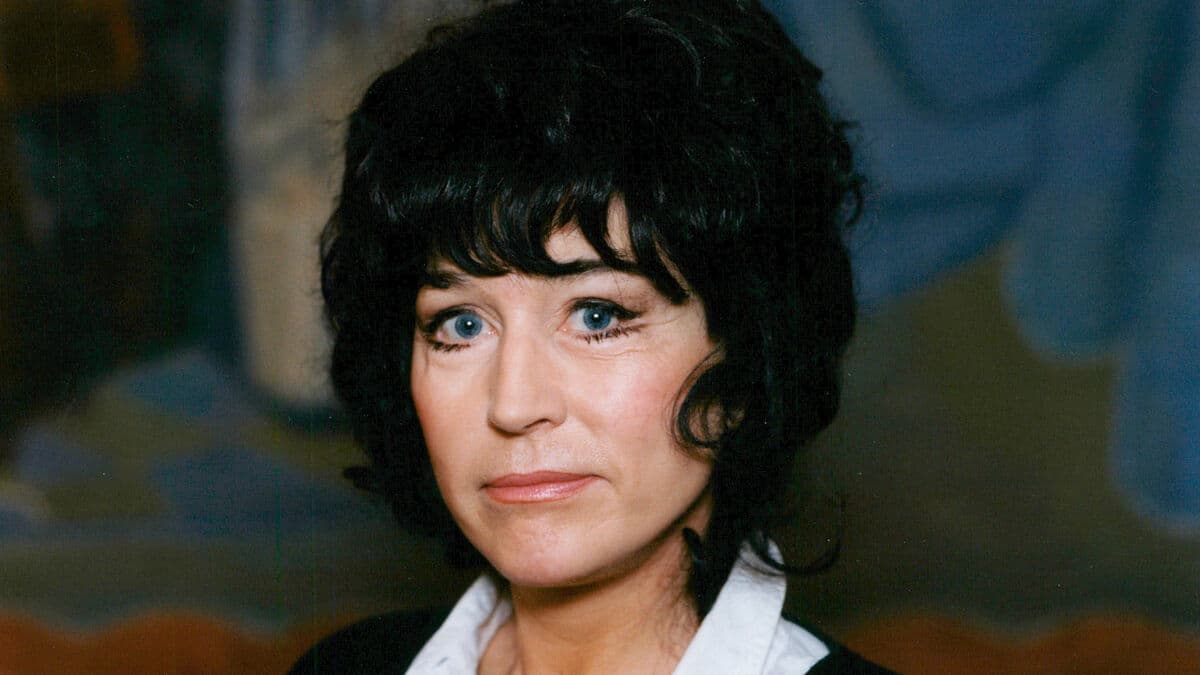The surgeon I worked with had lost 26 kilos, another had lost 32 kilos.
That's what Norwegian doctor Thor-Erling Engemyr says about the famine that has ravaged northern Gaza Strip. After recently returning from there, he testifies about constant bombings, operations without anaesthesia – but also about more aid now reaching the area.
Orthopaedic surgeon Engemyr has worked two stints in Gaza Strip's healthcare, in the winter and during the spring. His Palestinian colleagues were clearly marked by the famine that ravaged northern Gaza Strip at the beginning of the year, when in principle no aid deliveries had reached the area for several months. They had lost tens of kilos, he says.
It's incredibly impressive with these people who still carry on. My colleague Obaid has worked every single day since the war started.
Only Paracetamol
There were relatively good stocks at the start of the war. They were then depleted, so that for the 300,000 people who remained in northern Gaza Strip after the New Year, there was virtually no food or medical supplies.
In the hospitals, working staff could get a small rationed bowl of rice each day. And the work continued, under extreme pressure.
They had to perform many operations without anaesthesia. The gynaecologist told me that in January, he had to perform Caesarean sections without any anaesthesia other than paracetamol, says Engemyr.
Dramatic Evacuation
His team, under the auspices of the Norwegian Norwac and the World Health Organisation (WHO), had brought equipment. And he stresses that even aid distribution had improved significantly when he returned in April-May.
The situation became much better during the two months we were there. We had brought a lot of anaesthetics, so all our patients received good anaesthesia.
But it can change quickly. Suddenly, flyers arrived with news of a new Israeli offensive, and the Norwegian team had to evacuate under dramatic circumstances.
Engemyr says that he often gets asked if he was scared. But answers that he, despite hospitals often being drawn into the conflict, thought that it was the safest place.
Of two million people in Gaza, we were the safest.
Last Pane of Glass
Explosions are, however, part of daily life there.
The last few days, the bombs came so close that we had to throw ourselves on the floor. There was still glass left in some of the hospital windows, but now it was blown away, says Engemyr, and recounts how his thoughts wandered at night:
You learn to distinguish the sounds of different weapons. So you lie there and hear the F-16 planes' rockets, you see a light, your body tenses up – and then the hospital isn't hit.
But then you think, where did they hit? Who will we see at the hospital tomorrow?






